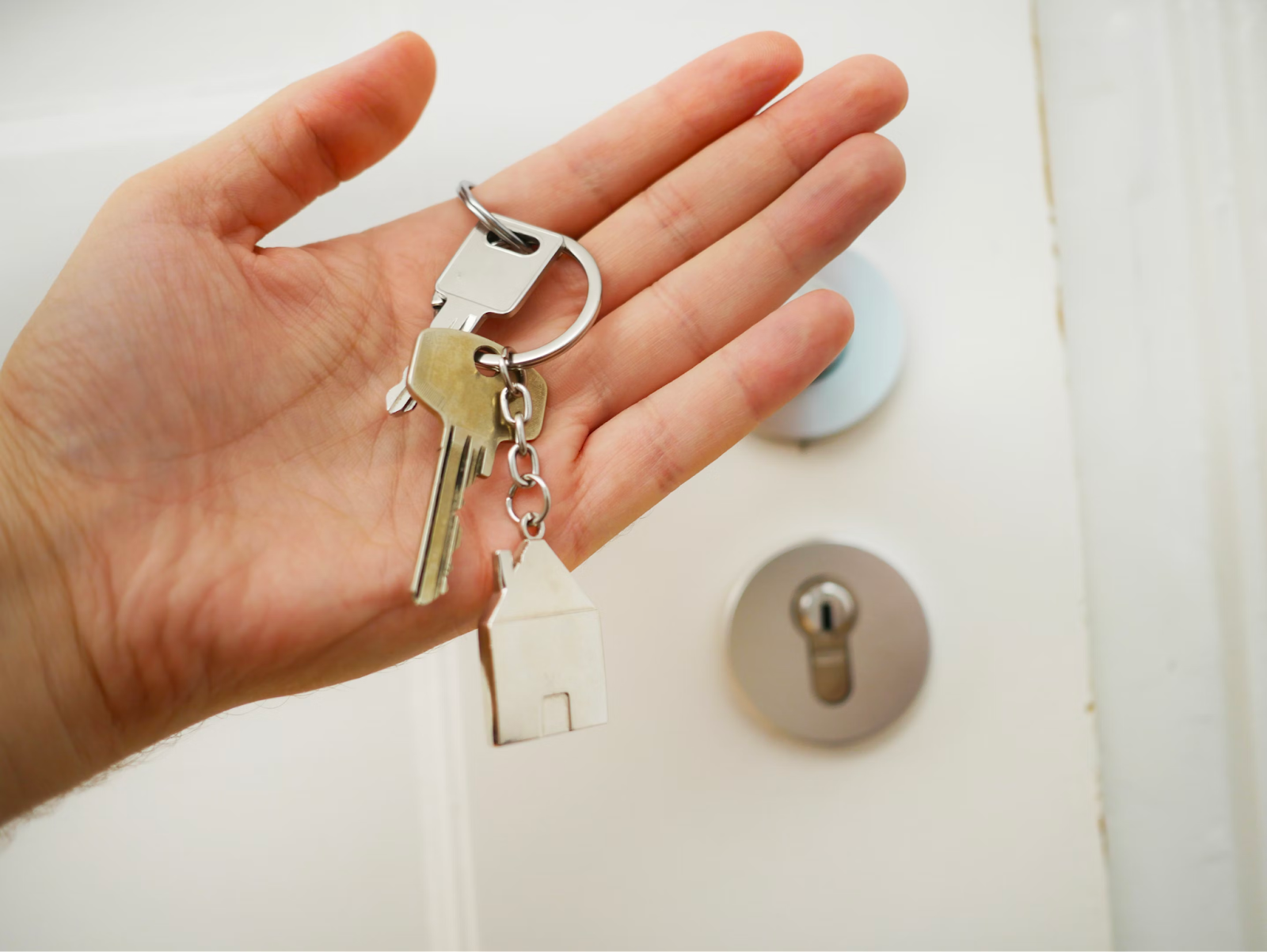Image credit: Unsplash
In an unexpected turn of events, a woman in Brentwood has become the focus of intense legal scrutiny after staying in an Airbnb rental for a staggering 540 days without making any rent payments. The unfolding drama brings to light significant issues surrounding the City of Angels’ rent control, tenant rights, and property laws.
Elizabeth Hirschhorn, the tenant in question, began her stay in Dr. Sascha Jovanovic’s Airbnb guesthouse in April 2021. To date, she has declined to vacate the property and has made no subsequent rent payments. Situated in the posh Brentwood hills at 1235 North Tigertail Road, this accessory dwelling unit (ADU) has become a legal battlefield as lawsuits fly between the parties.
The Lease Dispute
The backstory is as intriguing as the present. Jovanovic, originally from Amsterdam and now a practicing dental surgeon in Santa Monica, rented out this unit through Airbnb. Elizabeth’s stay was supposed to last only six months, amounting to $20,793 for 187 nights. However, issues arose when water damage and mold appeared around a sink during her stay. Despite Jovanovic’s offers to move her to a hotel or even his own home, Hirschhorn declined, citing various reasons, including her disabilities, sensitivities to chemicals, and the ongoing pandemic.
As the situation escalated, the two agreed she could stay until April 12, 2022. But this move was a grievous mistake on Jovanovic’s part. Extending her lease permitted Airbnb to distance itself from the entire dispute. When April 12 arrived, Hirschhorn refused to leave, marking the last day she paid rent. Multiple eviction notices by Jovanovic have since been ignored.

Legal Complications and Violations
Further complications arose when a city investigator found that the ADU had two code violations. The unit wasn’t approved for occupancy and had an unpermitted shower. This meant eviction was off the table until the team complied with city codes. Moreover, the ADU falls under LA’s rent control ordinance, strengthening Hirschhorn’s position as a tenant.
Hirschhorn’s defense, articulated by her attorney Colin Walshok, is grounded in the claim that the unit was illegal. As such, she believes she is not obliged to pay any rent. According to Walshok, Jovanovic is at fault for renting out an “illegal bootleg unit,” His actions now are merely attempts to “cover his tracks.”
The Department of Building & Safety has further compounded Jovanovic’s problems by slapping him with a $660 fee for not adhering to codes. He and his attorney, Sebastian Rucci, have retaliated with two lawsuits against Hirschhorn: one to recover $58,000 in unpaid rent and another to evict her. A local judge, however, dismissed Jovanovic’s case, siding with Hirschhorn’s argument that the city’s rent stabilization ordinance applies due to the presence of two units on the property. Jovanovic is currently appealing this decision.
Rucci paints a grim picture of the situation, calling Hirschhorn the “tenant from hell.” He emphasizes the dangerous precedent this case could set. He further suggests tenants can live rent-free if landlords possess unpermitted property elements.
The saga is a cautionary tale for property owners, tenants, and platforms like Airbnb. With the intersections of tenant rights, property law, and personal disputes, this Brentwood drama is a stark reminder of the intricate nature of the real estate landscape.

































































































































































































































































































































































